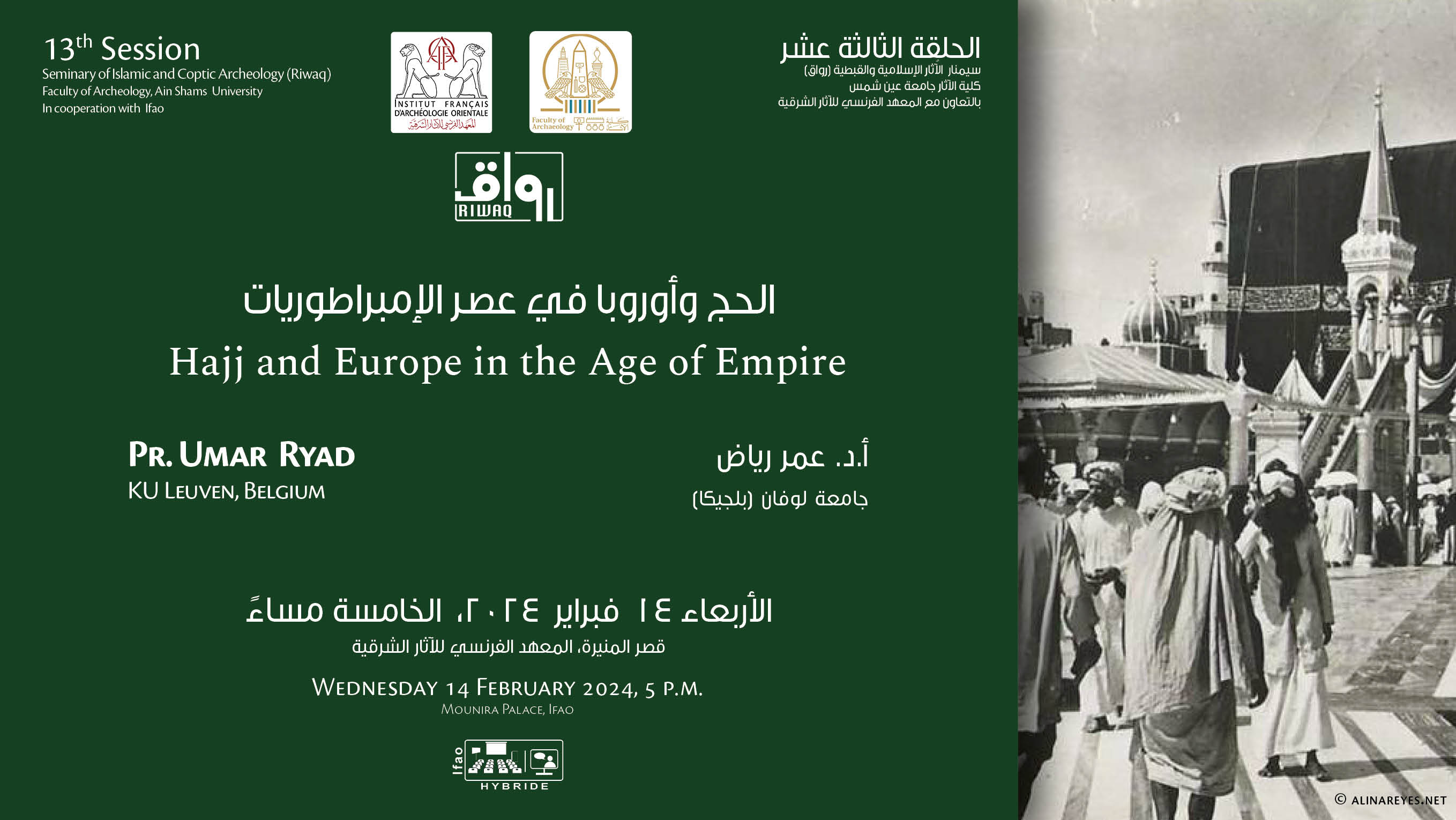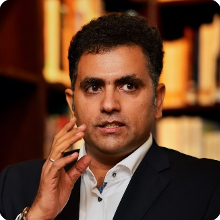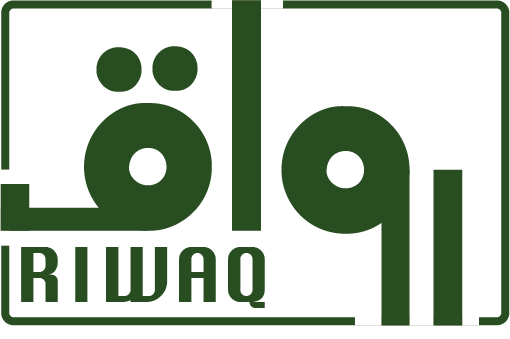Manifestations scientifiques
Abonnez-vous à la … Subscribe to the Mailing list :

Les Séminaires Riwaq
Le mercredi 14 février 2024 à 17h00 (heure du Caire), IFAO 
الحج وأوروبا في عصر الإمبراطوريات
Hajj and Europe in the Age of Empire
Umar Ryad - عمر رياض
Langue : arabe.
Abstract - نبذة عن المحاضرة
في عصر الإمبراطوريات، كانت مكة المكرمة، التي تعد الركيزة الروحية للإسلام، تحتل موقفًا مميزًا في العمل السياسي والمخيلة الاستعمارية الأوروبية. كانت المواجهات بين أوروبا والعالم الإسلامي الأوسع خلال هذه الفترة تتسم بالتفاعلات المعقدة بين الدينية والسياسية والثقافية. تسعى هذه المحاضرة إلى إلقاء الضوء على بعض العلاقات الأوروبية المعقدة مع مكة طوال عصر الإمبراطورية وتأثيرها على تطوير السرد والسياسات والعلاقات بين أوروبا والعالم الإسلامي. أحاول مناقشة الحج في إطار التفاعلات السياسية والصحية والثقافية عبر الحدود الإمبراطورية. تهدف المحاضرة إلى استكشاف التفاعلات الأوروبية مع مكة والحج خلال العصر الاستعماري عبر الحدود الإمبراطورية. سأسلط الضوء على النقاط التالية: (١) الحفاظ على "الاستقرار السياسي" والسيطرة على الحج، (٢) الاستفادة من الأرباح الاقتصادية من خلال استغلال تجارة السفن، (٣) نمو الشبكات الخاصة بفكرة الجامعة الإسلامية، (٤) القلق بشأن انتشار الأمراض الوبائية، و (٥) الوجود الأوروبي في مكة.
In the age of empire, Mecca, serving as both the spiritual and geographical focal point of Islam, occupied a distinctive position in the European colonial action and imagination. Encounters between Europe and the broader Islamic world during this period were characterized by intricate interplays of religious, political, and cultural dynamics. This lecture seeks to delve into the nuanced European perceptions of Mecca throughout the age of empire and their impact on the development of narratives, policies, and relationships between Europe and the Islamic world. The Hajj, a universal Muslim pilgrimage involving social interactions across imperial borders, will be examined as a global endeavor. The talk aims at exploring European interactions with Mecca and the Hajj during the colonial era across imperial boundaries. I will highlight the following points: (1) maintaining political stability and control, (2) capitalizing on economic profits through steamship trading exploitation, (3) the growth of pan-Islamic networks, (4) concerns about the spread of epidemic diseases, and (5) European in Mecca.

Umar Ryad is a professor of Arabic and Islamic Studies, as well as the Head of the Department of East Asian and Arabic Studies at the Faculty of Arts, KU Leuven, in Belgium. Currently, he holds the position of a Von Humboldt Fellow at the University of Marburg in Germany (2021-2024). Previously, he served as an assistant professor at the University of Leiden (2008-2014) and an associate professor at the University of Utrecht (2014-2017). Umar Ryad earned his Bachelor’s degree in Islamic Studies in English from the University of Al-Azhar in Cairo, and both his Master’s and PhD degrees in Islamic Studies from the University of Leiden. Throughout his academic career, Umar Ryad has been a guest lecturer at the Universities of Bern and Oslo, a research fellow at the University of Bonn, the Graduate School of Muslim Cultures and Societies (FU Berlin), and the Leibniz Institute of European History in Mainz. He also led a European Research Council (ERC) project focusing on the history of Muslims in interwar Europe (2014-2019). Currently, his research interests center around the dynamics of transnational networks, the Hajj and Europe in the age of empires, Arab interactions with orientalism, Muslim-Christian polemics, and global Islam in the modern age.
عمر رياض أستاذ الدراسات العربية والإسلامية في جامعة لوفان (بلجيكا)، ورئيس قسم الدراسات الشرق آسيوية والعربية في كلية الآداب. هو الآن زميل فون هومبولت في جامعة ماربورج الألمانية (2021-2024). عمل أستاذًا مساعدًا في جامعة لايدن (2008-2014)، وأستاذًا مشاركًا في جامعة أوتريخت (2014-2017). حصل على درجة الليسانس في الدراسات الإسلامية باللغة الإنجليزية من جامعة الأزهر في القاهرة، ثم درجة الماجستير في الدراسات الإسلامية ودرجة الدكتوراه من جامعة لايدن (هولندا). درّس في جامعتَي بيرن وأوسلو، وكان زميل أبحاث في جامعة بون، ومدرسة برلين للدراسات العليا في الثقافات والمجتمعات الإسلامية (التابعة لجامعة برلين الحرة)، ومركز الدراسات الشرقية الحديثة في برلين، ومعهد لايبنتز للتاريخ الأوروبي في مدينة ماينز الألمانية. تولى كذلك إدارة مشروع تابع لمجلس البحوث الأوروبية يركز على "تاريخ المسلمين في أوروبا بين الحربين العالميتين" (2014-2019). وتنصبّ اهتماماته البحثية حاليًا على ديناميكية شبكات الحركات الإسلامية، الحج وأوروبا في عصر الإمبراطوريات، وتعامُل العرب مع الاستشراق، والجدل الإسلامي حول النصرانية، وعالمية الإسلام في العصر الحديث.

Les Séminaires Riwaq
Organized by Dr Ahmad Alshoky et Abbès Zouache, RIWAQ seminars is a meeting of Egyptian and foreign specialists in the field of Islamic and Coptic archaeology, held to offer and discuss the most important opinions and theories related to the Islamic and Coptic influences in Egypt and the Islamic world in their various fields, whether Islamic architecture, art, painting, numismatics ... The RIWAQ seminars is a cooperation between IFAO and the Faculty of Archaeology, Aïn Shams University.
سلسلة ندوات رواق ينظمها كل من د. أحمد الشوكي و د. عباس زواش وهو لقاء بين المختصين المصريين والأجانب في مجال علم الآثار الإسلامية والقبطية لعرض ومناقشة أهم الآراء والنظريات المتعلقة بالتأثيرات الإسلامية والقبطية في مصر والعالم الإسلامي في مجالاتهم المختلفة سواء العمارة الإسلامية، الفن، الرسم الزخرفي، والمسكوكات. السيمنار ثمرة تعاون بين المعهد الفرنسي للآثار وكلية الآثار جامعة عين شمس.

